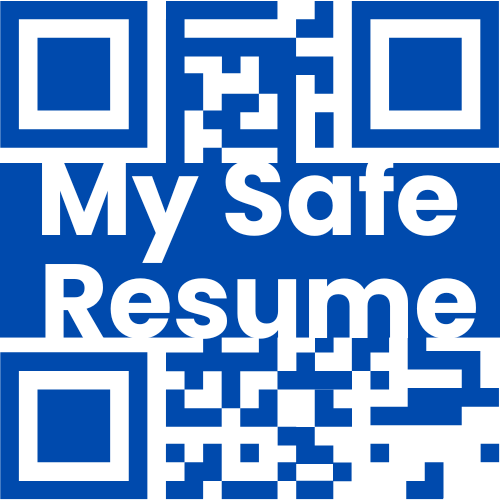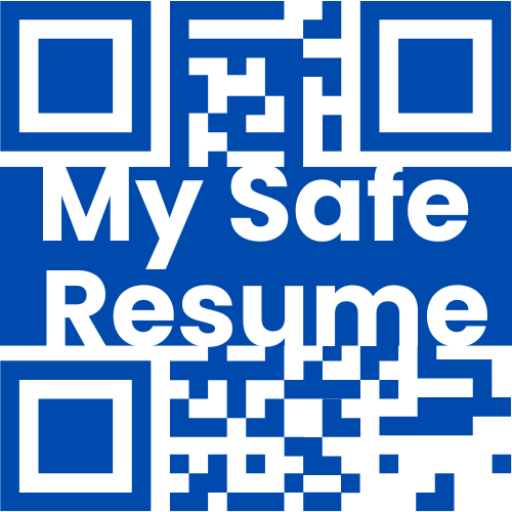In today’s digital age, where personal information is so vulnerable, understanding privacy laws is crucial to safeguarding your data. Whether you are searching for a job or simply navigating the internet, laws such as the General Data Protection Regulation (GDPR) and the California Consumer Privacy Act (CCPA) play significant roles in protecting privacy. Here’s a comprehensive look at these laws and how they affect jobseekers.
General Data Protection Regulation (GDPR)
GDPR is a comprehensive European Union (EU) regulation that came into effect in May 2018. Its primary goal is to give EU citizens more control over their personal data and to simplify regulation for international businesses operating within the EU.
Key Aspects Include:
Personal Data Definition: GDPR defines personal data broadly, encompassing any information that can directly or indirectly identify a person, including online identifiers.
Rights of Individuals: It grants individuals rights such as the right to access their data, the right to rectify inaccuracies, and the right to erasure (also known as the right to be forgotten).
Data Protection Principles: Organizations must adhere to data minimization principles, purpose limitation, and accountability when handling personal data.
According to the European Data Protection Board, GDPR has resulted in over €350 million in fines since its implementation, underscoring its strict enforcement and the importance of compliance.
California Consumer Privacy Act (CCPA)
CCPA is a state statute intended to enhance privacy rights and consumer protection for residents of California, USA. It became effective on January 1, 2020.
Key Aspects Include:
Consumer Rights: CCPA grants California residents the right to know what personal data is being collected about them, the right to delete their data, and the right to opt out of the sale of their data.
Business Obligations: Businesses subject to CCPA must notify consumers about data collection practices and implement mechanisms for consumers to exercise their rights.
According to the California Attorney General’s office, CCPA received over 75,000 consumer inquiries and complaints within its first year of operation, highlighting its significance in consumer privacy advocacy.
Implications for JobSeekers
Privacy laws like GDPR and CCPA have significant implications for jobseekers, particularly in how their personal information is collected, used, and stored during the job search.
Impact on Job Applications:
- Data Collection: Employers must inform job applicants about the types of personal data they collect and for what purposes.
- Consent Requirements: Applicants may have to consent to process their data if it’s sensitive information.
- Retention Periods: Employers must specify how long they will retain applicants’ data and securely delete it when no longer needed.
Impact on Job Platforms:
- Transparency: Job platforms must be transparent about their data practices, informing users how their data is collected, processed, and shared.
- User Control: Jobseekers should be able to manage their data, including – deleting their accounts and any associated data.
5 Effective Compliance Tips
Navigating privacy laws during a job search can seem daunting, but adhering to these tips can help ensure compliance:
- Be Informed: Stay updated on the latest developments and requirements of privacy laws relevant to your location and industry.
- Review Privacy Notices: Read and understand privacy notices potential employers or job platforms provide to know how your data will be handled.
- Exercise Your Rights: If you’re unsure about data practices or wish to exercise your rights under GDPR or CCPA, don’t hesitate to ask questions or submit requests.
- Use Secure Platforms: Choose job platforms and websites that prioritize data security and comply with relevant privacy laws.
- Limit Data Sharing: Only share personal information necessary for the job application process.
Real-Life Examples
Understanding the real-life impact of privacy laws can help illustrate their importance:
GDPR Enforcement: A major tech company was fined €50 million for lack of transparency and valid consent in advertising personalization under GDPR. This highlights the stringent enforcement of GDPR and the need for companies to comply.
CCPA Compliance: A large retail chain faced scrutiny under CCPA for failing to disclose data practices. The incident resulted in a settlement and stricter data handling protocols.
These examples show that non-compliance can lead to significant financial penalties and reputational damage for companies while protecting individual rights.
Preventive Measures for JobSeekers
As a jobseeker, taking proactive measures to protect your personal data is crucial:
- Research Employers: Before applying, research the company’s privacy practices and ensure they comply with relevant laws.
- Customize Resumes: Limit personal information shared on your resume. Avoid including sensitive data such as your Social Security number.
- Secure Communication: Use secure email services and avoid sending personal data over unencrypted connections.
- Monitor Accounts: Regularly monitor your accounts and job applications for unusual activity.
- Report Violations: If you suspect a potential employer is mishandling your data, report it to the relevant data protection authority.
Conclusion
As technology advances, so do the measures to protect personal data. GDPR and CCPA represent significant strides in giving individuals greater control over their information. By staying informed and proactive, navigate the complexities of data privacy laws confidently, ensuring that personal information remains secure in the digital world. Remember, your data privacy matters! Know your rights and take control.
Reference:



